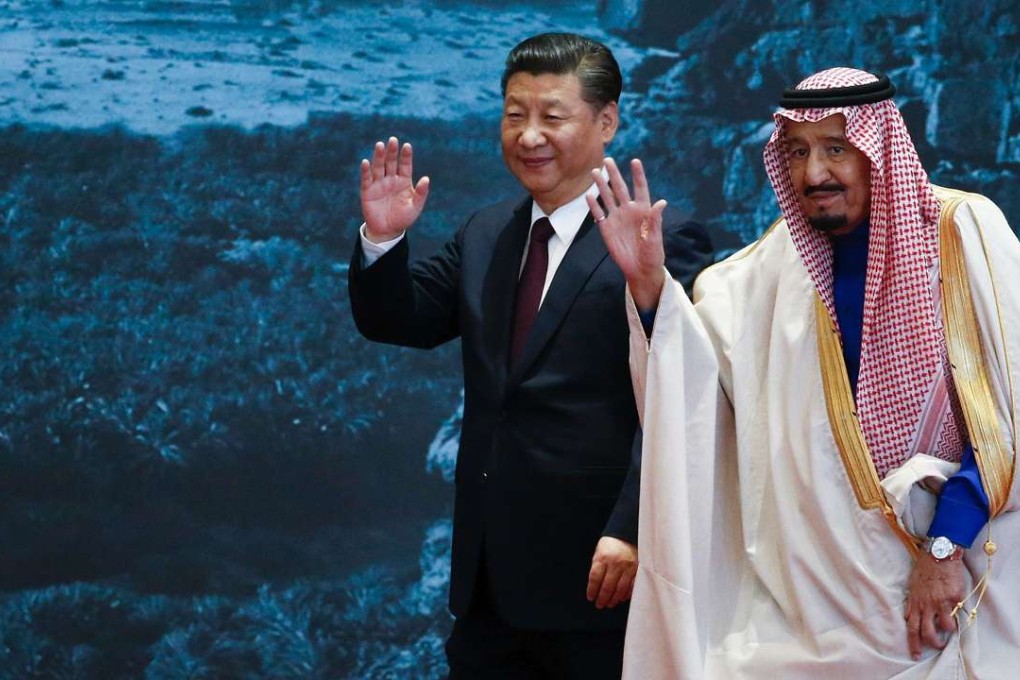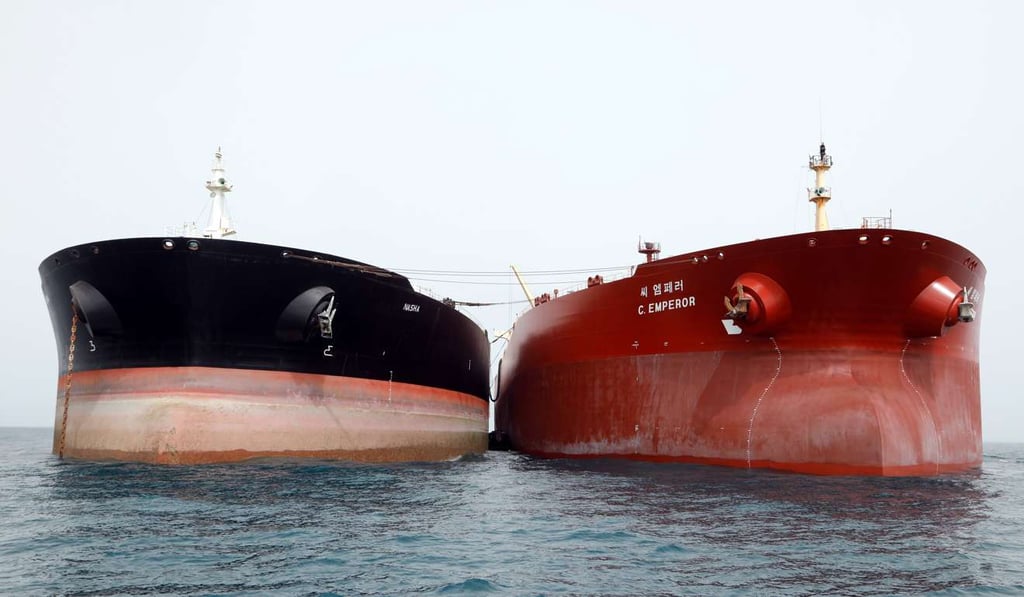Lesson for China: no relationship with the Middle East can be ‘just business’
Rob Edens says no purely economic approach will work in a region rife with sectarian rivalries, as China is finding out as its belt and road wades its way through East Asia to Europe. Its involvement in the Gulf countries may be more than it bargained for

China’s deepening ties with the Middle East a benefit to all

Saudi king’s visit puts Beijing in Middle East spotlight
To answer the question of why Beijing might now implicate itself in providing security to the Persian Gulf after years of studious non-intervention, look no further than China’s oil supply. The Chinese economy is heavily reliant on oil imports from Saudi Arabia and Iran, and even a small disruption to shipping traffic in the Persian Gulf would be detrimental to both Chinese and global markets.
An infrastructure project as gargantuan as the belt and road was never going to stay purely economic
It has always been a theoretical possibility that Beijing could rely on force projection to protect its critical oil supply. That prospect was seen as unlikely just a few years ago, in no small part because the Americans were already committed to keeping shipping lanes open. There was no need for a Chinese naval presence in the Persian Gulf when Beijing could just as easily “free ride” on Washington’s back. However, once the US stopped relying on shipments from the Gulf, that unspoken deal has started teetering. That two successive American presidents have overtly questioned the utility of their force commitments in the region complicated the equation even more for Beijing. Even if a transition from an American to a Chinese security framework in the Gulf is still years away, it is already getting a hard new look from security experts.
Beijing would certainly not be the first to see its economic priorities morph into military commitments. America’s now eight-decade-old alliance with Saudi Arabia was founded exclusively on oil: Saudi Aramco, the Saudi national oil company, began as a subsidiary of California’s Socal in 1933. It did not become fully Saudi until 1980. These stakes in the oil industry obliged the US to maintain a permanent military presence in the region, whose primary reason for being has always remained the same: protecting the Saudi and wider Gulf oil supply, be it from jihadists, communists, Baathists or Iranian revolutionaries.
Key facts behind China’s warming ties with Saudi Arabia, Iran and Egypt
The Chinese response to this will be to say that they, unlike the Americans, are pursuing a “zero problems” policy. Namely, at the same time Beijing deepens its economic relationship with Riyadh and the other Gulf Cooperation Council (GCC) members, it also maintains its long-time partnership with Iran. Unfortunately, the idea that this balancing act could be sustainable over the long-term is naive at best.